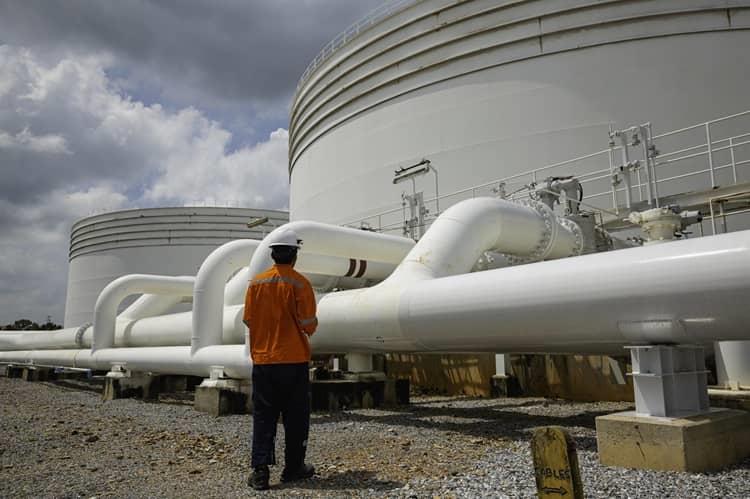
- 15 June 2024
- 749 Views
- Source: Oilprice.com
Abu Dhabi National Oil Company (ADNOC) is planning on nearly tripling its petrochemical production to 11.4 million tons by 2025 from the current 4.5 million metric tons (mt), ADNOC’s chief executive and UAE Minister of State, Sultan Al Jaber, said at an event on Monday.
“To achieve this we will seamlessly integrate our petrochemical and refining business, and as supplies of gas become tighter, we will expand our feedstock beyond ethane to include naphtha,” Reuters quoted Jaber as saying in his speech to the Gulf Petrochemicals and Chemicals Association (GPCA) conference in Dubai.
ADNOC will be trying to seize opportunities of high-growth markets in Asia, Jaber noted.
The official also believes that petrochemical producers from the Gulf Cooperation Council (GCC) should collaborate to ‘maximize’ the GCC strength.
The GCC consists of six Arab Gulf nations: Saudi Arabia, Kuwait, Bahrain, Qatar, the UAE, and Oman.
The plans for ADNOC’s petrochemical output expansion came just a few weeks after Abu Dhabi’s Supreme Petroleum Council approved ADNOC’s five-year business plan, which envisages the company ramping up its oil production by 400,000 barrels per day to 3.5 million bpd by 2018.
According to Platts Analytics, the global polyethylene production, for example, is expected to grow to 121 million mt by 2026 from 84.7 million mt last year. The world’s economy will need some 12 million mt of additional polyethylene supply in 2024 and 2025, which means that six to ten ethylene crackers need to be built between 2023 and 2026. Platts expects the additional supply to come mostly from low-cost regions such as North America and the Middle East. India and China are expected to be the strongest demand centers.
As far as propylene is concerned, Platts sees additional supply of 2.74 million mt needed each year between 2023 and 2026 in order to meet the expected yearly global demand growth of 3.5 percent.
